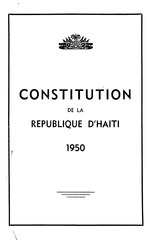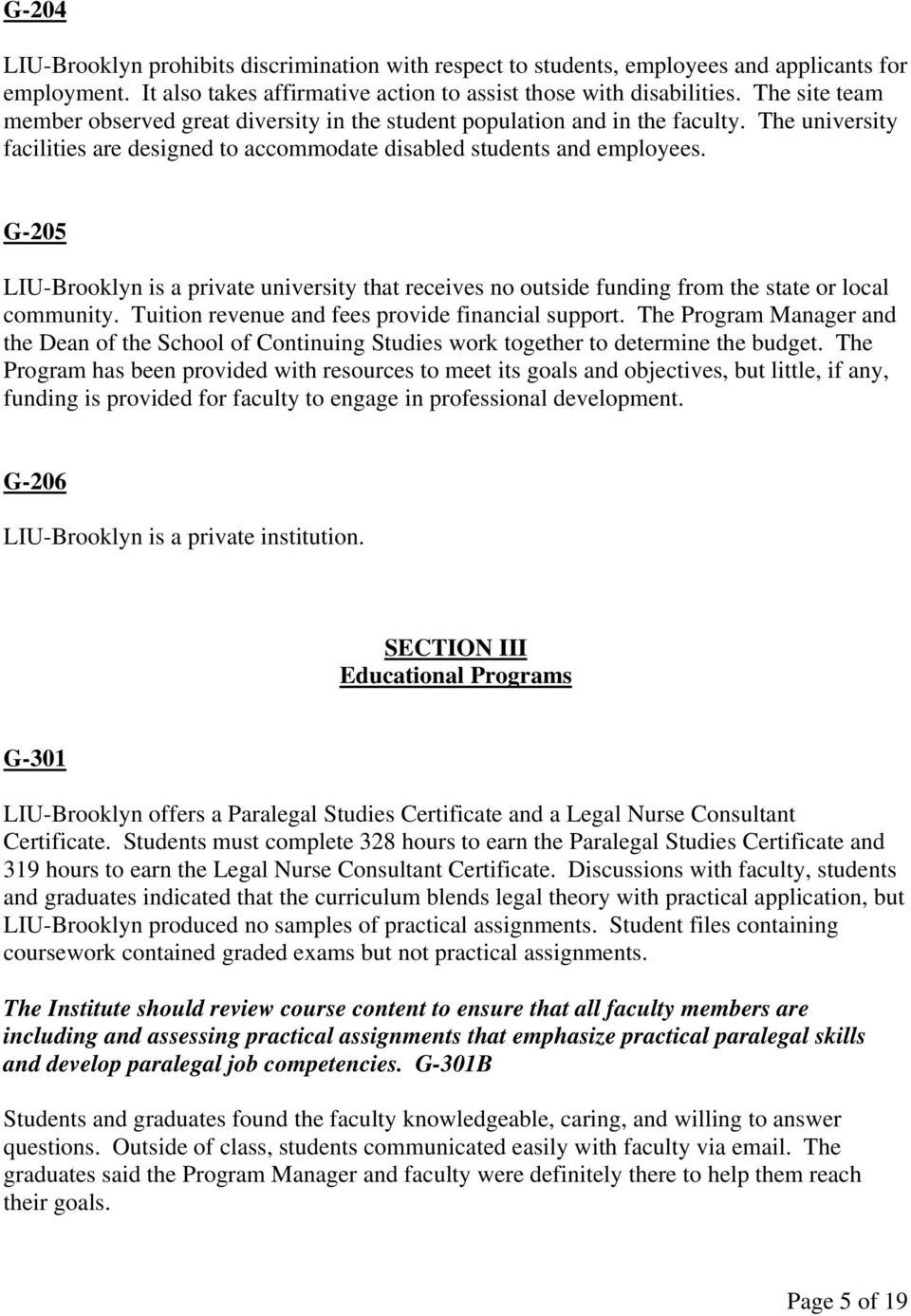How to write dynamic sql in Oracle Stored procedure.
Dynamic SQL is more flexible than static SQL because it enables you to write reusable code that can be adapted for different environments. As a general rule you should use dynamic SQL only if you cannot use static SQL to accomplish your goals, or if using static SQL is too cumbersome. The following sections describe typical situations in which.Hi, I am trying to create a procedure that will display logs. It has an IN parameter which is the table nam, the cursor will SELECT data based on that parameter.This Oracle tutorial explains how to use Oracle subqueries with syntax and examples. In Oracle, a subquery is a query within a query. You can create subqueries within your SQL statements. These subqueries can reside in the WHERE clause, the FROM clause, or the SELECT clause. Most often, the subquery will be found in the WHERE clause.
FOR dynamic-string Specifies a string literal or string variable that contains a SELECT statement (without the terminating semicolon). The statement can contain named parameters, such as, for example, :param1. USING bind-arg Specifies one or more bind arguments whose values are substituted for placeholders in dynamic-string when the cursor opens.Oracle SQL Developer provides a SQL Worksheet that you can use to query data, by writing simple or complex SQL statements. In this How-To, we look at the most basic of these, select all the data in a table, and restricting this query by reducing the columns or rows you retrieve.

Developers and DBAs get help from Oracle experts on: How to automatically execute sql queries in SQl developer.












